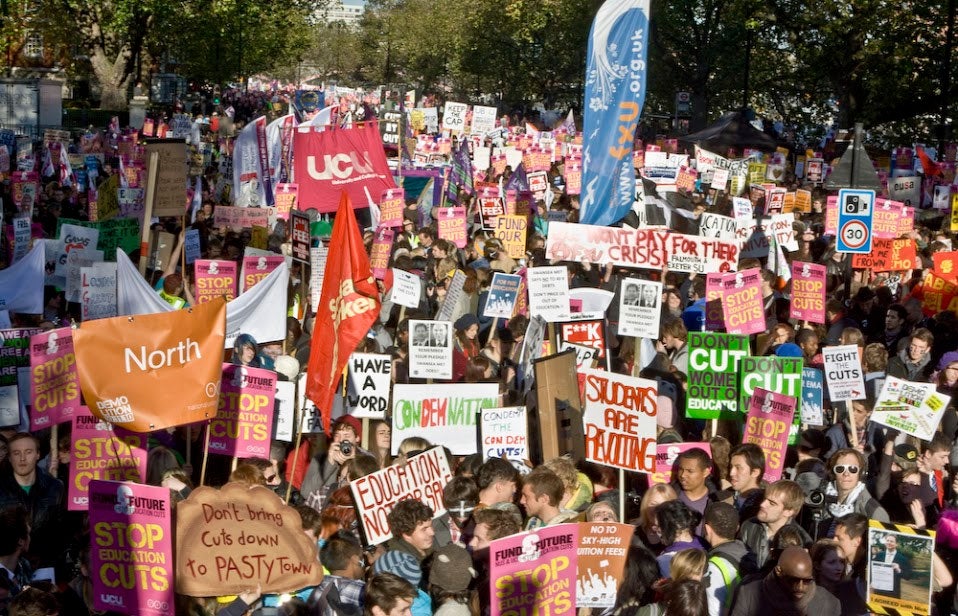University pay gap yawns: Top staff paid up to 19 times more than junior staff
Pay gap at universities is the "largest in the public sector," according to research

The yawning pay gap between senior and junior members of staff at universities has increased even further in the last few years, according to new research.
In fact, according to a report compiled by the Young Greens, the lowest-paid members of staff are paid 19 times less than the highest-paid employees, making this the largest pay gap in the public sector. This has risen since 2010, when a report found a ratio of 1:15 in higher education.
To make matters worse, university staff have once again been offered a pay rise of just 1 per cent for the third year in a row – prompting the three major higher education unions to vote for strike action.
This comes at a time when pay and benefits for university leaders is increasing, with university vice-chancellors’ earnings reaching almost £250,000 per year.
Rustam Majainah of the Young Greens said: “The report shows that universities are choosing to prioritise fat cat pays over paying decent living wages to the workers.”
Three unions, The University and College Union (UCU), UNISON and Unite yesterday announced strike action, scheduled to take place on Thursday, 31 October, which is threatening to bringing many universities to a close that day. It is the first time the three have come together to take action, and the first strike over pay since 2006.
UCU’s head of higher education Michael MacNeil said: “We hope the employers’ representatives will study this report and recognise that now is the time to sit down with us and sort the problem out.”
He added: “Nobody wants to see strike action, but it seems it’s only the bosses who cannot see the problems with pay in higher education.”
Meanwhile, a Universities UK spokesperson defended university bosses: “Salaries of university heads in the UK are comparable with those in competitor countries and also with heads of other organisations of a similar size. Their remuneration packages reflect what it takes to recruit and retain individuals able to run complex, multi-million pound organisations, which are operating in an increasingly competitive, global market.”
Join our commenting forum
Join thought-provoking conversations, follow other Independent readers and see their replies
Comments